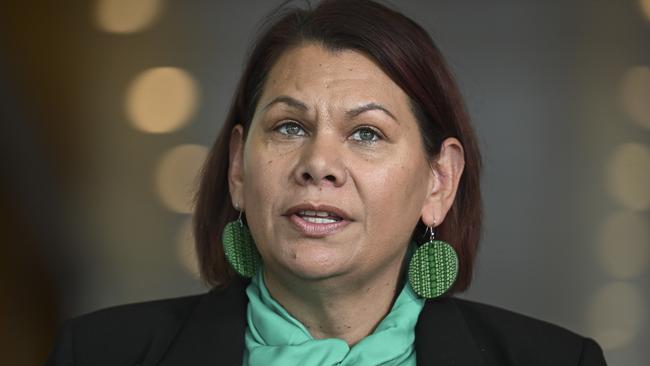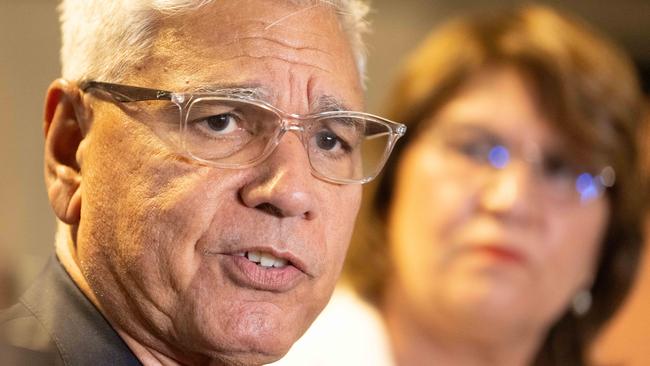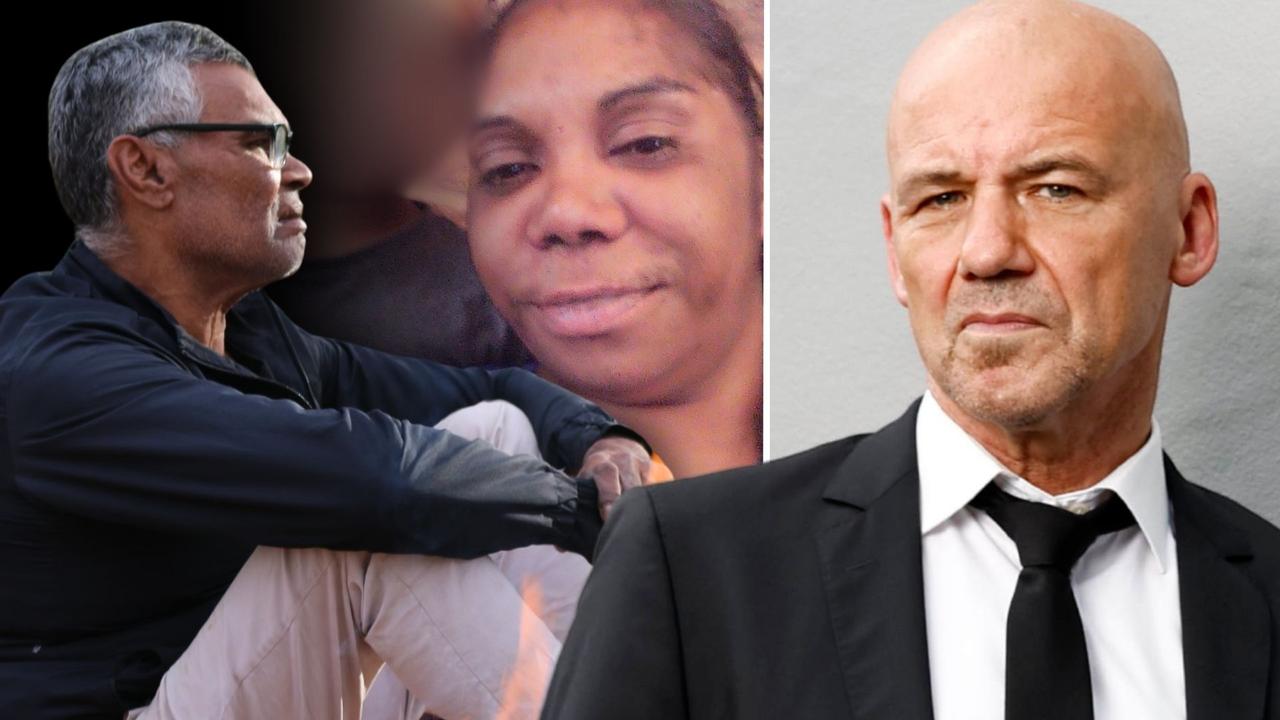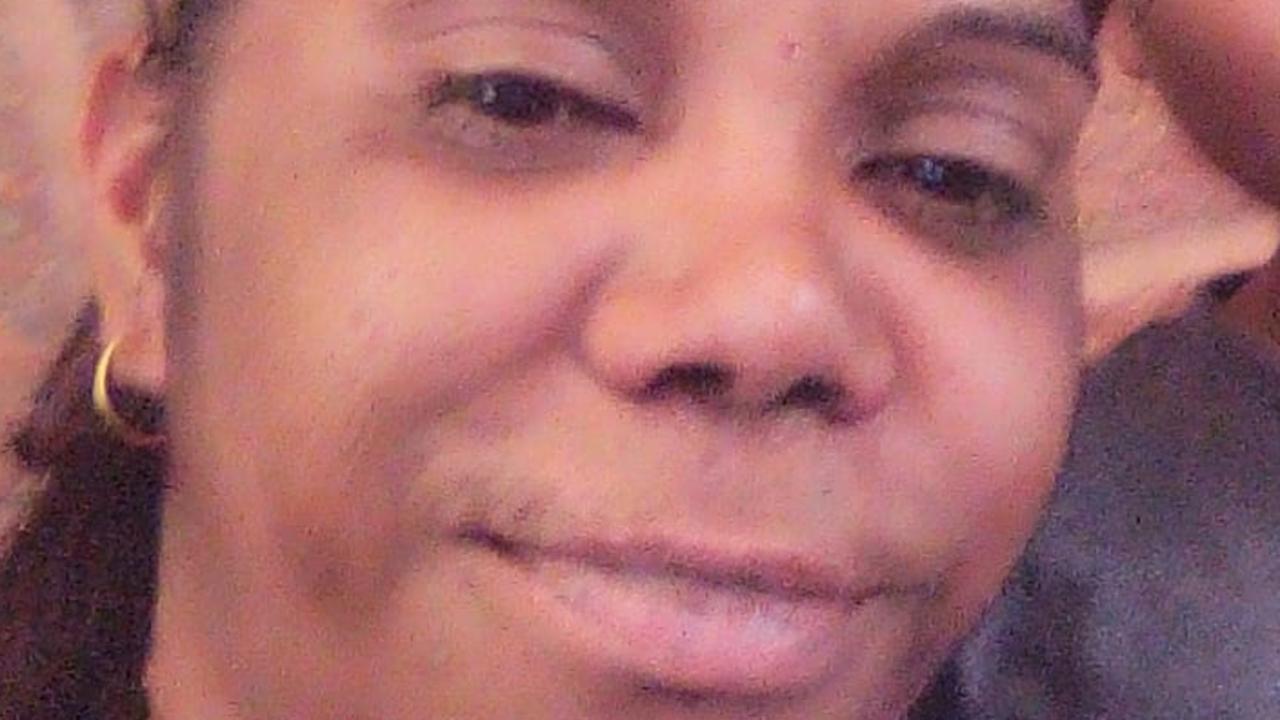Dying Rose | Families ‘let down by police’ after six women’s deaths, says Warren Mundine
While investigating the harrowing deaths of six Aboriginal women, The Advertiser was met with a wall of silence from authorities. Indigenous leaders say that needs to change.
Dying Rose
Don't miss out on the headlines from Dying Rose. Followed categories will be added to My News.
Over the past two years, the Dying Rose podcast team has approached authorities more than a dozen times – searching for a response over the deaths of six women, whose families felt their questions had gone unheard.
But not one representative agreed to an interview.
The families of Charlene Warrior, Lasonya Dutton, Rose Hunter-Hebberman, Lyla Nettle, Shanarra Bright Campbell and Charli Powell all questioned the police response into their deaths.
Repeated requests by The Advertiser for the release of documents or answers to direct questions were met by generic statements, while other inquiries to police were instead directed to the state coroner.
DYING ROSE PODCAST
Listen to the podcast here, or find Dying Rose on the Apple Podcast app.
The wall of silence from authorities speaks to the challenges these six families said they faced when seeking justice – while mourning the unimaginable loss of their beloved daughters.
Greens Senator Dorinda Cox, who spearheaded a landmark inquiry into missing and murdered First Nations women and children, said the stories told by the families of Charlene, Lasonya, Rose, Lyla, Shanarra and Charli were echoed across Indigenous communities.
“Our communities feel angry, they feel frustrated, they feel hurt – and most of all, they feel helpless,” Senator Cox said.
“There is often a justification (for the police response) that is not the same as if it was a non-Indigenous woman, because of their history or because police may have had a separate interactions or incidences that have involved that woman.
“That should become irrelevant and we should be prioritising their safety.”

Indigenous leader Nyunggai Warren Mundine said it was important that police were open in their communication, especially with affected families.
“There's a compassionate way of dealing with these things,” he said.
“Sitting down and having conversations with people – that's how they should be operating.
“Police should be … sitting down and having that conversation with the family. Because any death, under any circumstances, is a tragic thing for a family.”
Mr Mundine said better systems should be put in place to facilitate those conversations.
“If the families are feeling let down and not supported then I think those things could be discussed and worked on,” he said.
Mr Mundine said lines of communication between Aboriginal communities and police had improved in recent decades.
“It's a historical thing in regard to police and the Aboriginal community, because police were the ones who had to enforce all the old discriminatory legislation and laws,” he said.
“But in the last probably 30 years there's been a big turnaround in that with the police reaching out and wanting to work with Aboriginal communities.”
However, Mr Mundine said there was further progress to be made – and a key part of building trust and improving the relationship was recruitment of more Aboriginal police officers.
“We do need a situation where Aboriginal people can feel comfortable with police and that when they need help that they can feel comfortable picking up that phone and talking to the police about it,” he said.

When approached by The Advertiser outside the senate inquiry into missing and murdered First Nations women and children, NSW Police Superintendent Christopher Nicholson acknowledged there was work to be done.
However, he denied there was an issue of systemic bias within the force when it came to Indigenous Australians.
“We recognise the injustices of the past,” he said.
“Our engagement with community is all about learning from our Aboriginal communities on the best way to engage Aboriginal communities as we go forward.
“We’re a reflection of society generally. But the leadership of the NSW Police Force does not tolerate racism … we have a zero-tolerance policy for racism.”
Inside the same hearing, the head of the NSW Homicide Squad – Detective Superintendent Daniel Doherty – was asked to name one Aboriginal female employee in his charge. He could not.
For First Nations people dealing with grief and loss, lawyer Khatija Thomas said their experience was often worsened by a system that is not designed for them to navigate.
“Non-Aboriginal people have different ways of understanding how to navigate systems because they have grown up in them,” Ms Thomas said.
“Even keeping certain types of paperwork or a filing cabinet, a lot of Aboriginal people wouldn’t document or write down things because we come from an oral tradition.
“The weight that the law puts on things like written evidence compared to the way an Aboriginal person would put a story forward is one of those systemic biases that disadvantages us from being taken seriously.”




